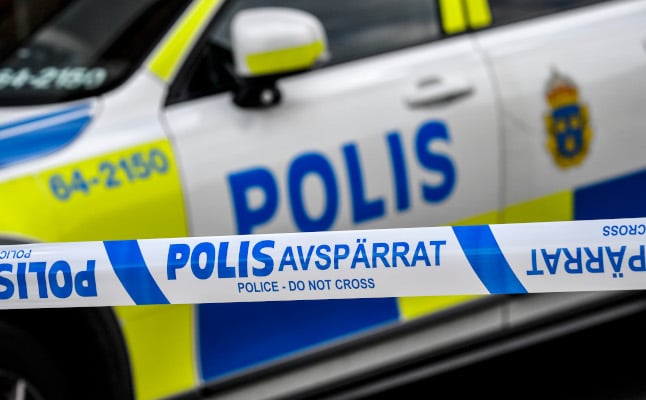Out of a total of over 800 arrests across 16 countries, 155 arrests were tied to Swedish investigations and another 100 were arrested in Finland. Australia said it had charged more than 200 people.
“Yesterday, early in the morning, the Swedish police performed one of the most extensive strikes ever in intelligence-led police operations against violent crime and drug networks,” Linda Staaf, head of intelligence at the Swedish police, told reporters.
On Monday, 70 people were arrested in Sweden and another five in Spain, in addition to another 80 Swedish arrests tied to the operation, Staaf told the press conference organised by Europol in The Hague.
“Many of them (were) persons with essential roles and heavy influence on the drug market. Those who instigate murders and violence, by shootings and explosions, right in the middle of the Swedish society,” Staaf said. Sweden has for years struggled to counter a rise in crime tied to criminal gangs, which has resulted in a spike of fatal shootings and bombings in an otherwise peaceful country.
Using phones planted by the US FBI, law enforcement officers were able to read the messages of global underworld figures in around 100 countries as they plotted drug deals, arms transfers and gangland hits on the compromised ANOM devices.
Of the total 12,000 ANOM users, Swedish police had access to about 1,600 accounts, and eventually honed in on around 600 people, according to the police.
Using this information, Staaf said Swedish police had been able to “prevent more than 10 planned murders within Sweden”.
Finnish police meanwhile said in a statement on Tuesday they made almost 100 arrests and seized “more than 500 kilos of drugs, dozens of weapons and hundreds of thousands of euros in cash,” during extensive raids carried out as part of the operation.
The raids included a major seizure of cannabis and machine guns in the capital region, as well as a workshop in the southern town of Tampere “where 3D printers were being used to manufacture firearms components”, police said.
In Nordic neighbour Norway, a total of seven arrests had been made. Police in many countries had already been able to benefit from the June 2020 infiltration of the Encrochat network, which was also widely used by criminals.
This also lead to a wave of arrests, and Staaf described it as a “game changer in combatting serious violent crime”.




 Please whitelist us to continue reading.
Please whitelist us to continue reading.
Member comments